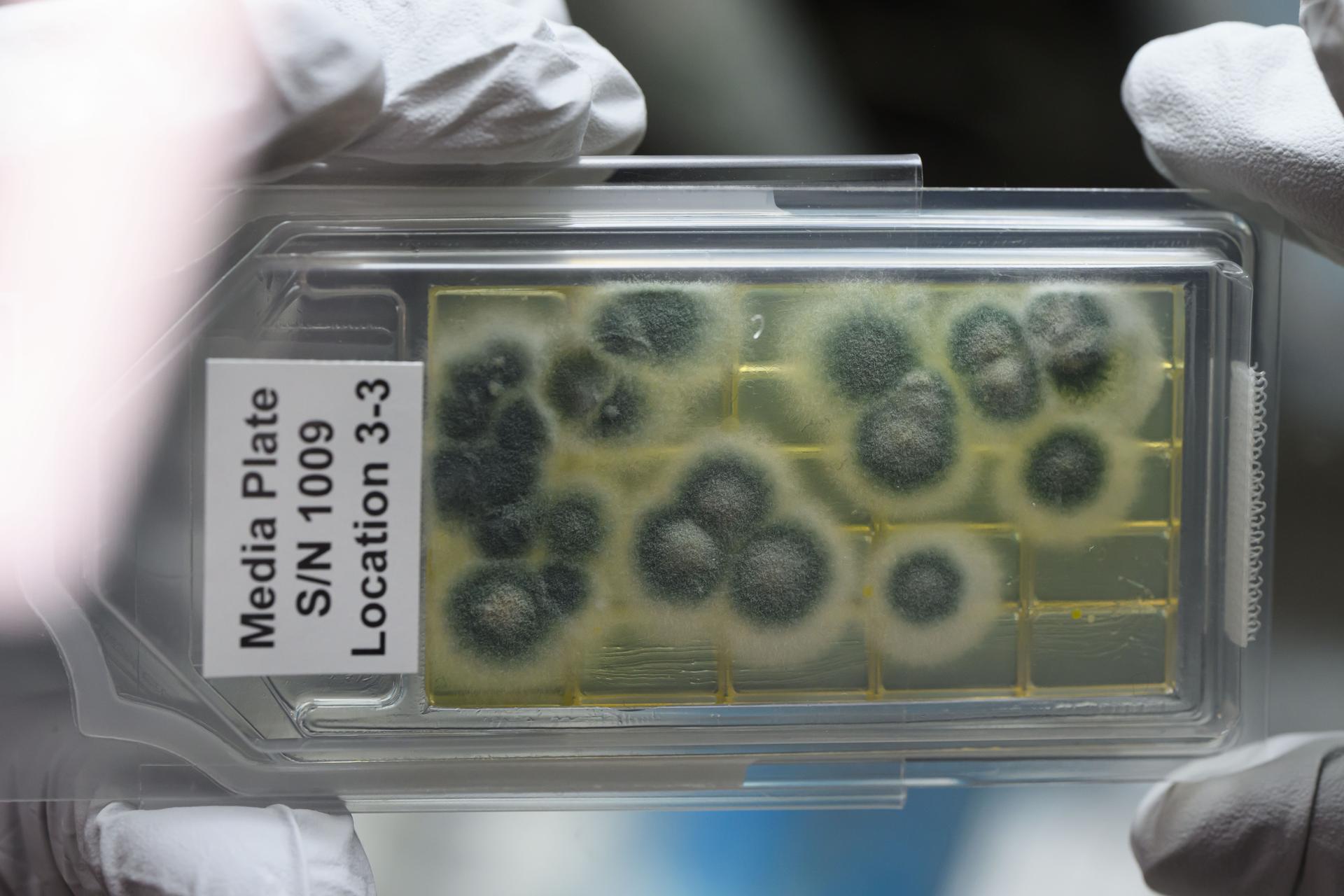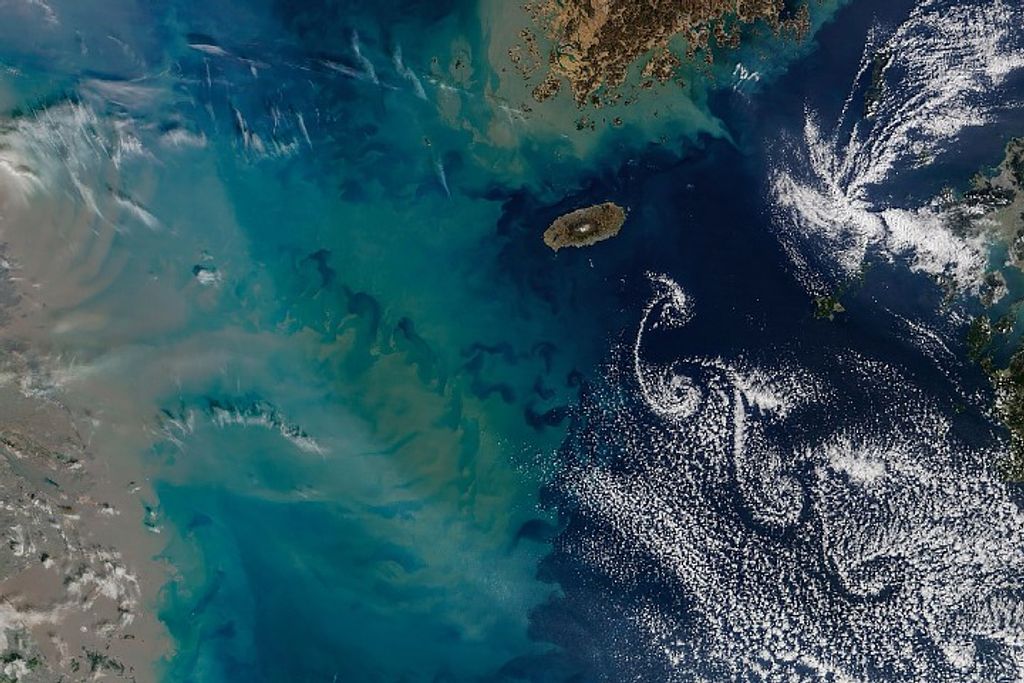GEARS (Genomic Enumeration of Antibiotic Resistance in Space)
Principal Investigator: Dr. Christopher Carr, Georgia Institute of Technology
Overview: This investigation will focus on two types of antibiotic-resistant bacteria, Enterococcus faecalis (EF) and Enterococcus faecium, that have been found on the International Space Station and can be hazardous to crew health.

Science objectives:
- To monitor the space station for organisms that are resistant to antibiotics
- To better understand how these types of bacteria conform to an enclosed environment in microgravity
- To develop ways to guard astronauts on long-duration missions from bacterial infections
Potential Earth applications:
- To learn more about bacteria that develops in hospitals from the over-use of antibiotics
- To understand how antibiotic-resistant microbes thrive and grow in hospital environments
- To safeguard human health on Earth from the threat of antibiotic resistance
Potential space applications:
- To decrease the risk of infection on the space station and help increase crew member health
- To pinpoint and classify different types of antibiotic-resistant bacteria that develop on the space station
- To create advanced point-of-care diagnostic capabilities for future crew missions
Related resources:
Space Station Research Explorer Page
NASA Science on Health, Safety to Launch on 31st SpaceX Resupply Mission
NASA’s Biological and Physical Sciences Division pioneers scientific discovery and enables exploration by using space environments to conduct investigations not possible on Earth. Studying biological and physical phenomenon under extreme conditions allows researchers to advance the fundamental scientific knowledge required to go farther and stay longer in space, while also benefitting life on Earth.

























